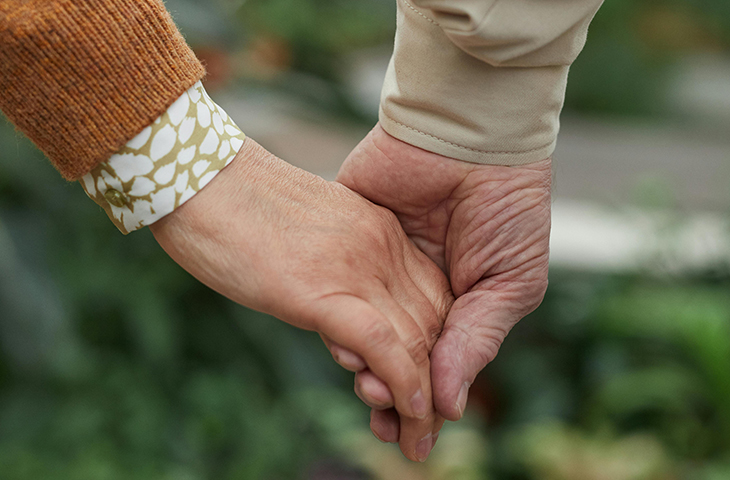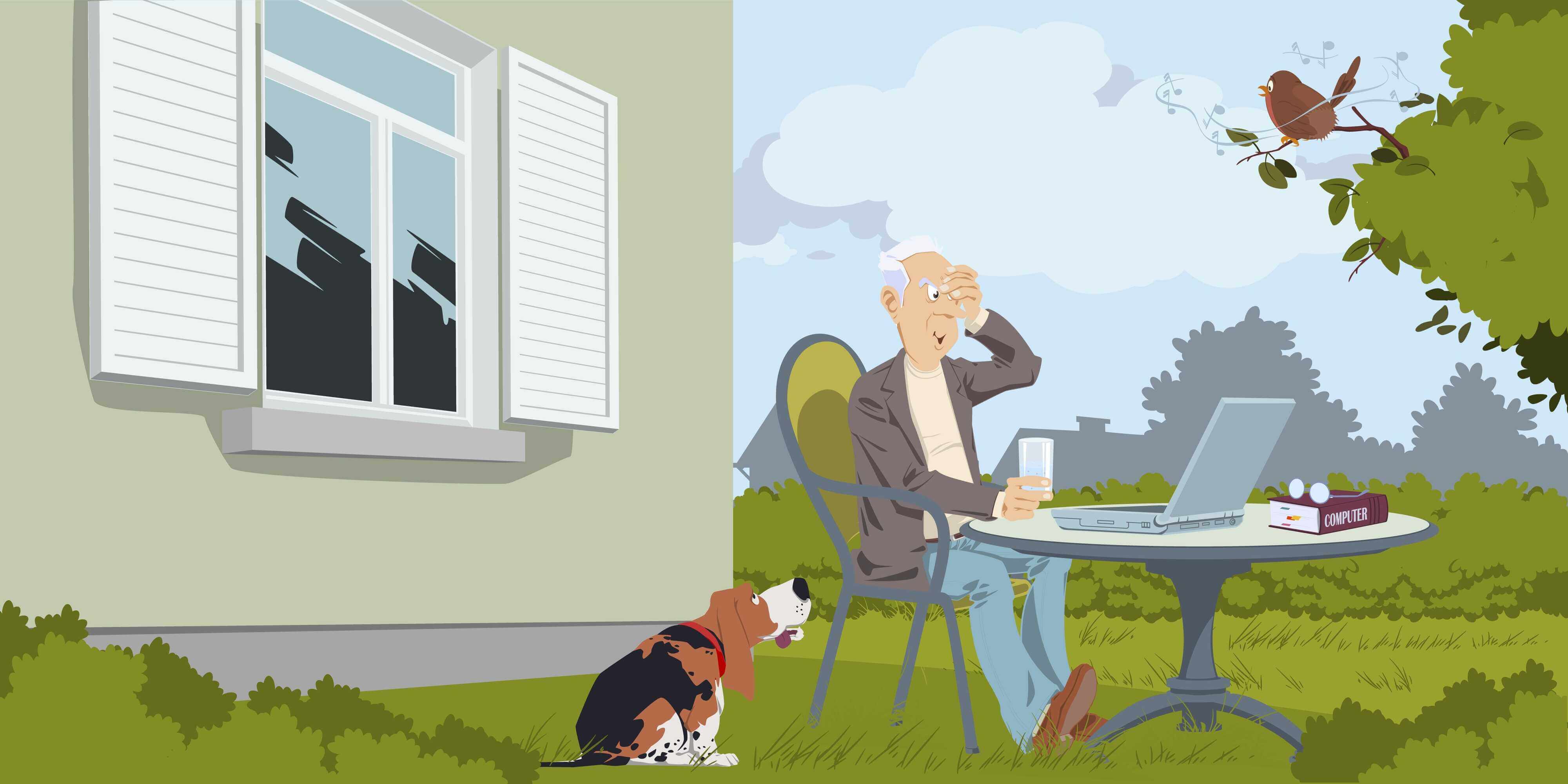Millions Are Using Social Media To Self-diagnose Mental Illness

Some two million young people have self-diagnosed mental health problems—in large part based on what they see on social media.
As a passionate mental health advocate myself, I appreciate social media’s role in providing a safe space for people to open up about their mental illnesses. This often helps cultivate a community of understanding that those suffering might not find otherwise. Not to mention, the push for more mental health awareness can help break the stigma of various disorders.
But with all the positives social media can bring, those looking to their peers for answers rather than a mental health professional risk misdiagnoses, which can lead to incorrect and even harmful treatments.
Many mental illnesses require a specific form of therapy that best targets the core symptoms and causes of that specific disorder. For example, complex post-traumatic stress disorder (CPTSD) often responds best to therapies like trauma-focused cognitive behavioral therapy (CBT), while, say, borderline personality disorder (BPD) sufferers often see the best results with dialectical behavior therapy (DBT).
These two disorders require completely different treatments, but many symptoms of both—like issues forming and maintaining healthy relationships, a negative or weak sense of self, and deep shame—overlap, making finding a diagnosis a more complex process than watching a few TikToks.
“In the simplest terms, [self-diagnosing] occurs when we assert that we have a mental health condition without confirmation from a mental health professional,” wrote Jessica A. Jaramillo, MS, LPC, Interim Crisis Coordinator and Clinical Supervisor at the Counseling Center. “With the rise of information-sharing platforms such as TikTok, this can be done through the anecdotal experiences of others that relate to our own, by looking up the symptomatology, or even by taking online assessments and quizzes.”
Now, I understand wanting to take your health into your own hands—especially when many of us feel invalidated or rushed during appointments only to be handed a prescription from a doctor who barely spoke to us for a full ten minutes.
But self-diagnosing is a slippery slope. You might identify with many symptoms of a specific condition without actually having said condition. Maybe you’re experiencing periods of deep sadness while grieving an unexpected breakup or loss of a job. You might then see a video about bipolar disorder’s depressive episodes and automatically suspect that’s what you have.
Many disorders have developed reputations in the online space that—for some odd reason—make them seem like some sort of lighthearted, relatable experience. Take obsessive-compulsive disorder (OCD). This condition involves the presence of intrusive, obsessive, unwanted thoughts and repetitive compulsions that are meant to calm the anxiety or “undo” the thoughts. I’ve had so many friends try to say they, too, “are OCD” (newsflash: you can’t be a mental health disorder) simply because they have to lock their car door three times in a row. When in reality, the condition is far more debilitating and distressing than checking that your vehicle is safe.
It’s like some people get FOMO when they see others with a certain diagnosis.
In most cases, people aren’t doing this with any ill intent. Really, they’re just trying to find answers as to why they feel the way they do. And because so many of us lack access to mental health treatment, we’re left to solve the puzzles on our own.
“It can be hard to feel so isolated and not know what’s going on,” Kaileen McMickle, an LPC and founder of Inner Ascent Counseling, wrote for the American Counseling Association. “People just want certainty. And with Google and social media, it’s so easy to go [online] and try to make sense of what they are experiencing.”
The reality is, however, that we can all likely relate to at least one symptom of virtually any disorder. But getting a diagnosis from a professional is the only genuine way to understand your case, as there are certain criteria you must meet.
Not only that, but even if you have the exact same disorder as someone else, you might experience it in an entirely different way, given your unique history, genetic makeup, and past traumas.
So, sure, you can use the internet as a starting point in receiving a true diagnosis. But don’t use any label you find as an end-all-be-all.
“A good diagnosis is a collaborative process, with expertise and lived experience meeting in the middle,” Jaramillo wrote. “Find a professional who makes you feel heard, understood, and validated, and be open to alternative explanations.”
The post Millions Are Using Social Media to Self-Diagnose Mental Illness appeared first on VICE.


